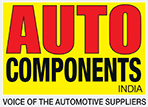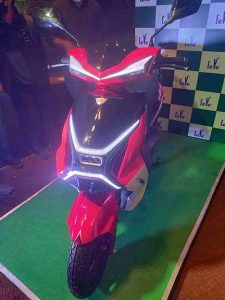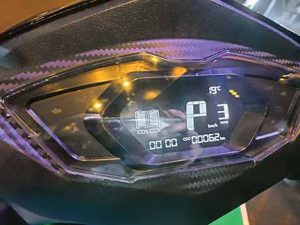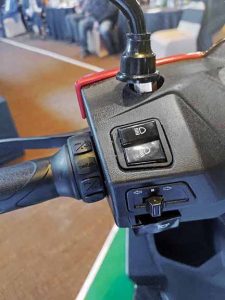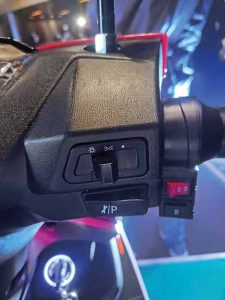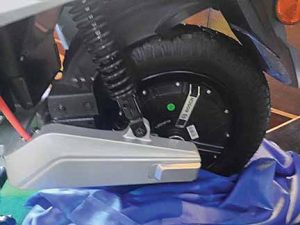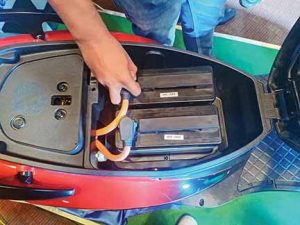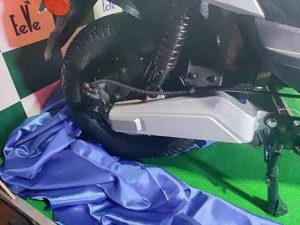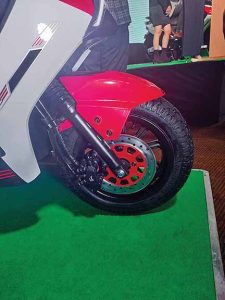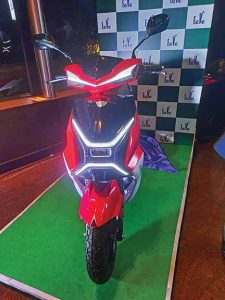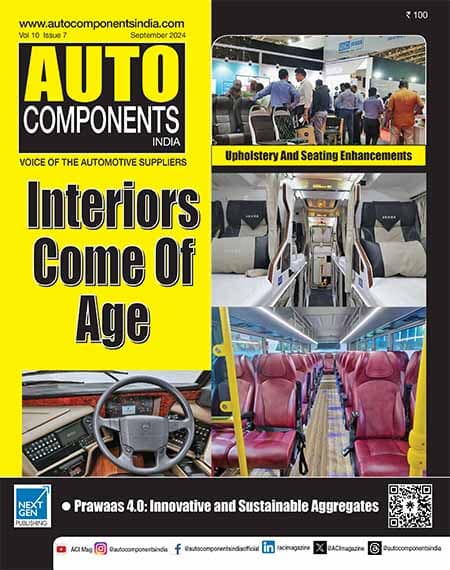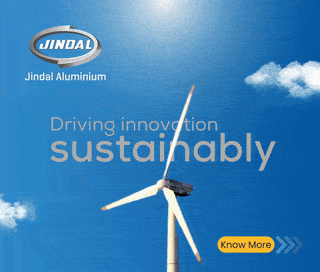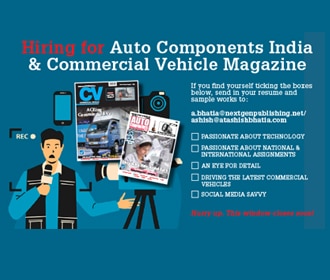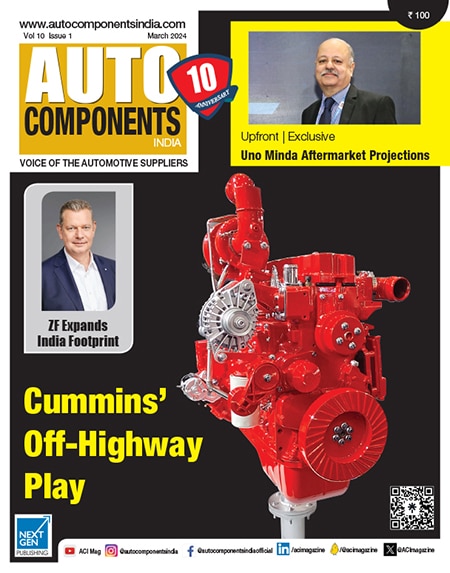Orissa-based EeVe India has its task cut out! It wants to become the best electric scooter company in the country. To realise its aspirations, the company is striving hard to increasingly localise its products as a ‘Made In India’ offering to click with buyers. A testimony to the efforts fructifying to a large extent is the new flagship scooter from the company. EeVe Soul recently launched as the sixth scooter from the company comes at an initial acquisition cost of Rs.1.39 lakh (Ex-showroom Delhi). According to Harsh Vardhan Didwania, Founder and Director, EeVe India, it’s only a matter of time that the company could go beyond the current levels of 70 per cent localisation. The company has indeed done well, even at 70 per cent, however, there is room for more. Higher localisation levels will not only better cost economics but also help its chances as a unanimous choice of mass mobility compared to other options for buyers. At lower price points and with an equal if not a greater value-addition.

Extent of localisation
At 70 per cent localisation levels, the company, as per Didwania, has done well to localise the key parts barring the motor and the battery pack. Its lineage in scooter manufacturing is believed to have made it possible for the Original Equipment Manufacturer (OEM) to localise a majority of components including the LED headlamp, switch gear, swing arm, and disc brakes to name a few. However, the import dependency for the core parts like motor and the battery pack (from component majors like Bosch) of the EeVe Soul is attributed to the limitations on the product penetration front and a subsequent lack of ecosystem. In India, there is a need for more ancillary e-2W component suppliers to step up. “Once the product penetrates the market deeper and attains a sizeable market share, we will consider localising the remaining 30 per cent of the imported components as well,” asserted Didwania.
Increasing localisation
EeVe India has invested an estimated Rs.80 crore in the Research & Development (R&D) for high-speed EV products like the EeVe Soul, aimed at the market in India alone. The company aims to sell two million vehicles by 2027, and by then, significantly increase the local content per vehicle produced and sold in the market. In the near term, one expects the company to benefit from the Component Champion Incentive scheme that is a ‘sales value linked’ scheme and applicable on Advanced Automotive Technology (AAT) components of vehicles, Completely Knocked Down (CKD)/ Semi Knocked Down (SKD) kits, among vehicle aggregates of two-wheelers. It is expected to boost the country’s cost-competitive value chain and boost the ecosystem to in turn benefit companies like EeVe India looking to localise more. Like its competitors, both established and relatively newer entrants, EeVe India will also look to benefit from the Champion OEM Incentive scheme that applies to Battery Electric Vehicles (BEVs). Besides other government interventions like the FAME India Scheme Phase II (FAME II), are expected to generate demand by supporting an estimated 10 lakh electric two-wheelers like the Soul.
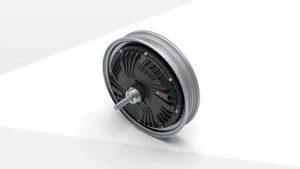
In addition, on the battery pack localisation front, the PLI scheme for Advanced Chemistry Cell (ACC) known to have received 10 bids with a capacity greater than an estimated 130 Gwh is also expected to bring in fresh investments for the indigenisation of supply chains and deep localisation of battery manufacturing. The Government had approved the scheme for a manufacturing capacity of 50 Gwh with a budgetary outlay of Rs.18,000 crore. To give an estimate of the overall financial incentives under these above-mentioned schemes alone coming the industry’s way are to the tune of ~Rs.54,038 crore. Besides domestic value addition, the objective was to also levalise battery costs in a globally competitive manner. The direct beneficiaries of the scheme known so far include the likes of Ola Electric Pvt. Ltd., Lucas-TVS Ltd., Amara Raja Batteries Ltd., and Exide Industries Ltd. It is good news that the investment cycle of most auto component manufacturers has commenced with 60 per cent of respondents to an ACMA survey showing a willingness to be part of the EV supply chain.
